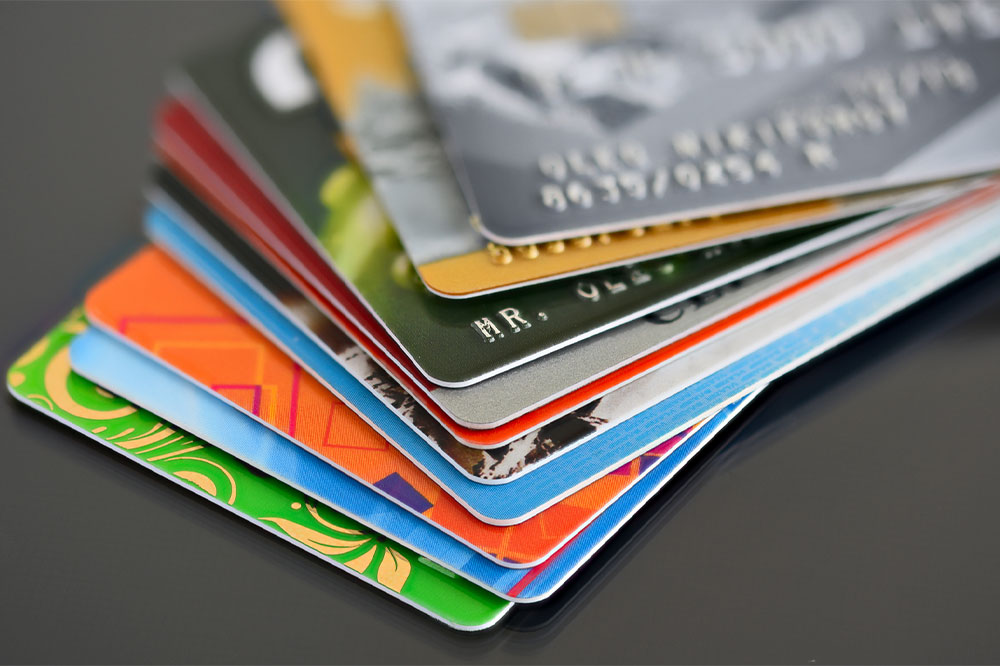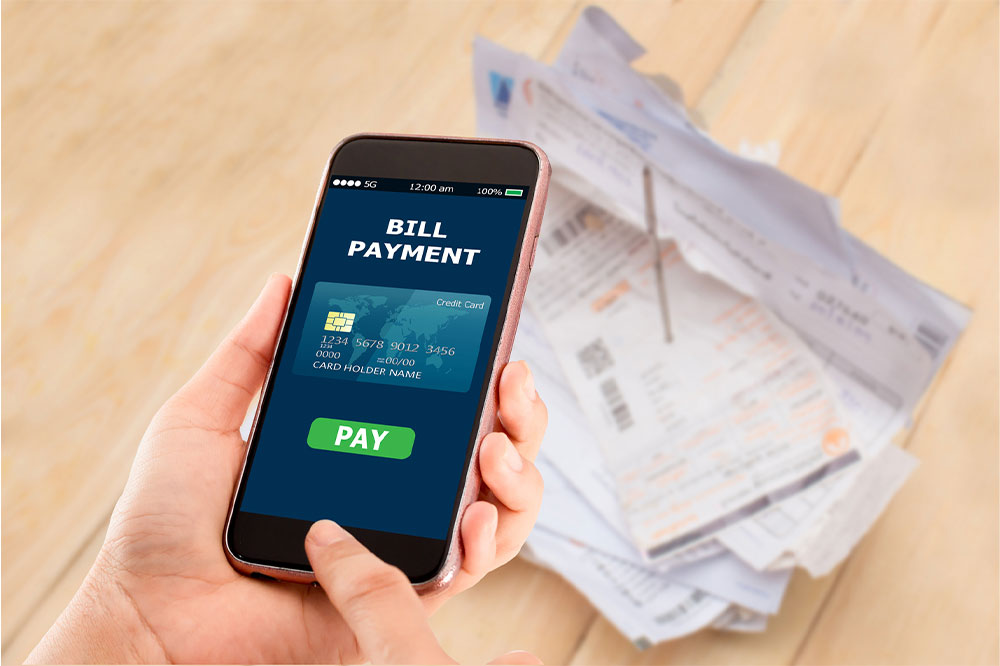Comprehensive Guide to Implementing Mobile Payment Solutions in Your Business
Implementing mobile payment solutions is crucial for modern businesses seeking to enhance customer experience and ensure seamless transactions. This comprehensive guide covers essential considerations, including infrastructure readiness, choosing reliable providers, and adopting secure payment platforms. Mobile payments offer unmatched convenience, serving as reliable alternatives when traditional card processing fails and enabling online or delivery services to operate more efficiently. Embracing this technology not only increases sales opportunities but also improves security and customer trust. Stay ahead in a fast-growing cashless economy by integrating mobile payment solutions strategically into your business processes.

Comprehensive Guide to Implementing Mobile Payment Solutions in Your Business
In today's rapidly evolving retail landscape, enhancing customer experience and streamlining transactions have become essential strategies for business growth. One of the most effective ways to achieve this is by offering mobile payment options. As consumers increasingly gravitate toward cashless payment methods, integrating mobile payments can significantly improve the convenience and efficiency of your business operations. However, successfully adopting this technology requires careful planning, infrastructure readiness, and an understanding of the key factors involved. This detailed guide explores everything you need to know about implementing mobile payment solutions to stay competitive and meet customer expectations.
Whether you are a small business owner or manage a large enterprise, considering mobile payment options can revolutionize your sales process. Let’s delve into the vital considerations and practical steps for integrating mobile payments seamlessly into your business model.
Mobile payment platforms provide unmatched convenience for customers, offering quick and secure transactions. These systems act as reliable alternatives during technical failures of traditional card readers, ensuring continuity and minimizing disruptions during checkout.
If your primary sales channels are online or involve delivery services, accepting card-on-delivery payments is a strategic move. Mobile payment methods are highly portable and can be carried discreetly, reducing the risk of sales loss due to cash shortages or delays in processing payments.
A smartphone is a fundamental tool for utilizing mobile payment solutions. If your business currently lacks compatible devices, investing in smartphones equipped with dedicated payment apps is crucial. These devices serve as the backbone for processing mobile transactions efficiently.
Registering for mobile payment services is typically straightforward. The setup process often involves providing basic business information, after which technical support is available to assist with installation and configuration, ensuring a smooth transition.
Choosing the right provider among numerous options requires careful consideration. Due to potential security vulnerabilities and the risk of fraud, selecting a reputable, secure mobile payment platform is essential for safeguarding your business and customers’ data.
Summary
Adopting mobile payment solutions is revolutionizing the retail and service sectors by enabling faster, safer, and more convenient transactions. As cashless options become the preferred choice among consumers, especially amidst rising concerns over theft and security issues, integrating these systems can considerably enhance your business's operational efficiency and customer satisfaction.





